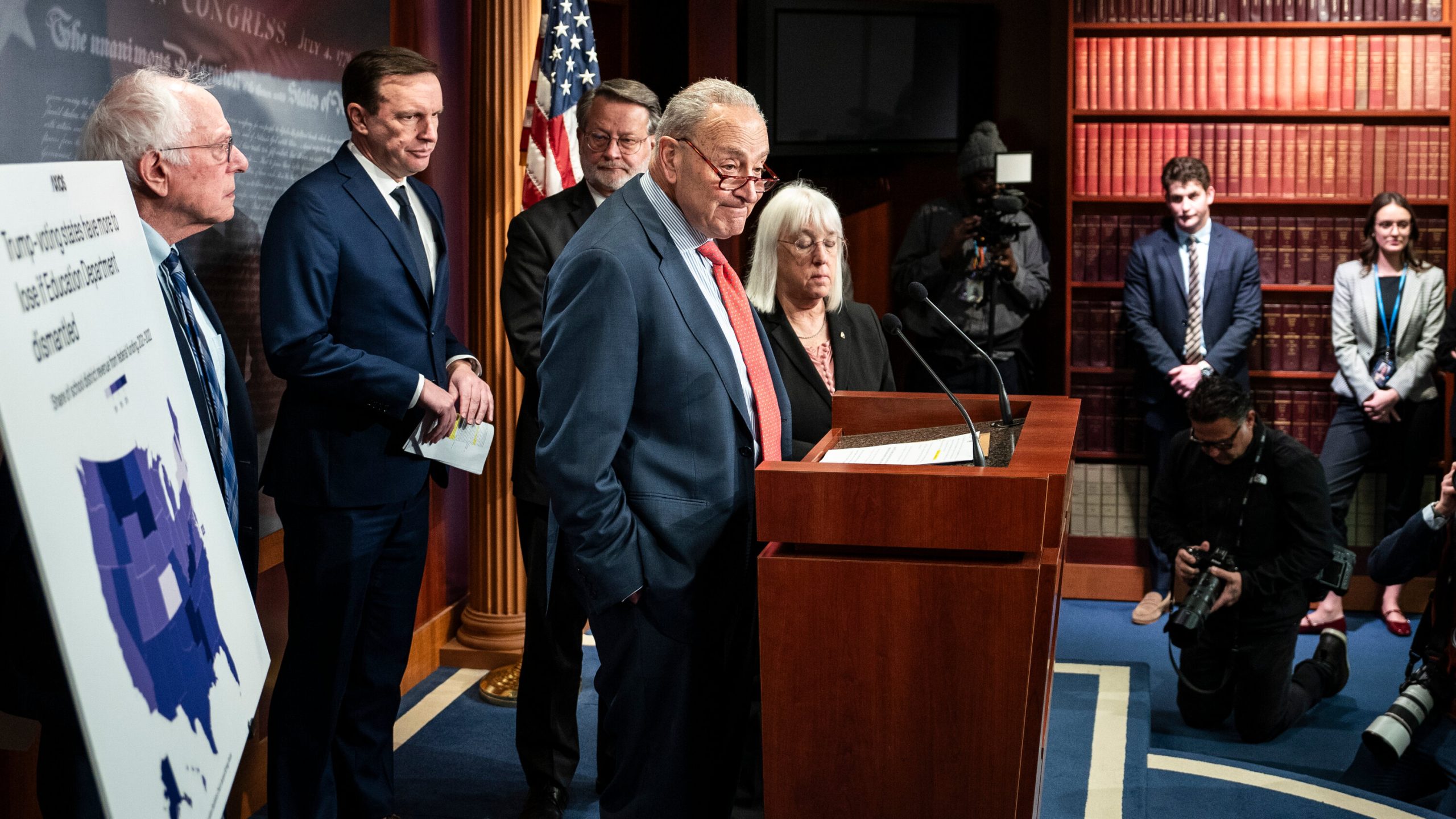Harvard’s Unwavering Stance Against Administration Pressure
Harvard University has recently made headlines by choosing not to comply with a list of demands from the Trump administration regarding its policies on antisemitism. This bold decision highlights a potential clash between the federal government and one of the world’s most prestigious academic institutions, raising questions about institutional autonomy and the role of government in university affairs.
The Core of the Dispute: Antisemitism Policies
While the specific details of the Trump administration’s demands may vary, the underlying issue revolves around the definition and handling of antisemitism on college campuses. The administration has often expressed concerns about the rise of antisemitic incidents and has pushed universities to adopt specific definitions and protocols to address the issue.
Harvard’s refusal to comply suggests a disagreement with the administration’s approach, potentially stemming from concerns about academic freedom, the university’s existing policies, or the specific nature of the demands. This disagreement underscores the complexities of addressing antisemitism in a diverse academic environment while protecting free speech.
A Significant Risk: Harvard’s $9 Billion Endowment
The news report indicates that Harvard’s defiance comes with a significant potential consequence: the risk of jeopardizing its substantial $9 billion endowment. This financial vulnerability adds another layer of complexity to the situation. The endowment is crucial for funding scholarships, research, and various academic programs, making its potential loss a serious concern for the university.
Harvard’s willingness to risk such a significant financial asset speaks volumes about the strength of its convictions regarding this issue. It suggests that the university believes the principles at stake are more important than the potential financial repercussions.
Harvard’s History of Independence and Academic Freedom
Harvard University has a long history of upholding its independence and academic freedom. As one of the oldest and most respected institutions globally, it has often played a leading role in shaping academic discourse and resisting external pressures that could compromise its core values. This recent decision aligns with that historical precedent.
The concept of academic freedom is fundamental to the mission of universities. It allows faculty and students to explore ideas, conduct research, and express their views without fear of censorship or retaliation. Harvard’s stance in this situation can be seen as a defense of this crucial principle.
Implications for Higher Education
Harvard’s decision could have broader implications for other universities facing similar pressures from the government. It might embolden other institutions to stand firm on their own policies and principles, even when faced with potential financial consequences. This situation could potentially lead to a more widespread debate about the appropriate balance between government oversight and institutional autonomy in higher education.
The Ongoing Dialogue
The conflict between Harvard and the Trump administration is likely to continue to unfold. It remains to be seen what specific actions the administration might take in response to Harvard’s non-compliance and how Harvard will navigate the potential risks to its endowment. This situation underscores the ongoing dialogue and tensions surrounding issues of antisemitism, free speech, and the role of government in higher education.
In conclusion, Harvard University’s decision to defy the Trump administration’s demands regarding antisemitism policies, despite the risk to its substantial endowment, is a significant event. It highlights the university’s commitment to its principles and raises important questions about academic freedom and the relationship between government and higher education. This situation is likely to remain a key point of discussion within the academic community and beyond. Sources and related content














